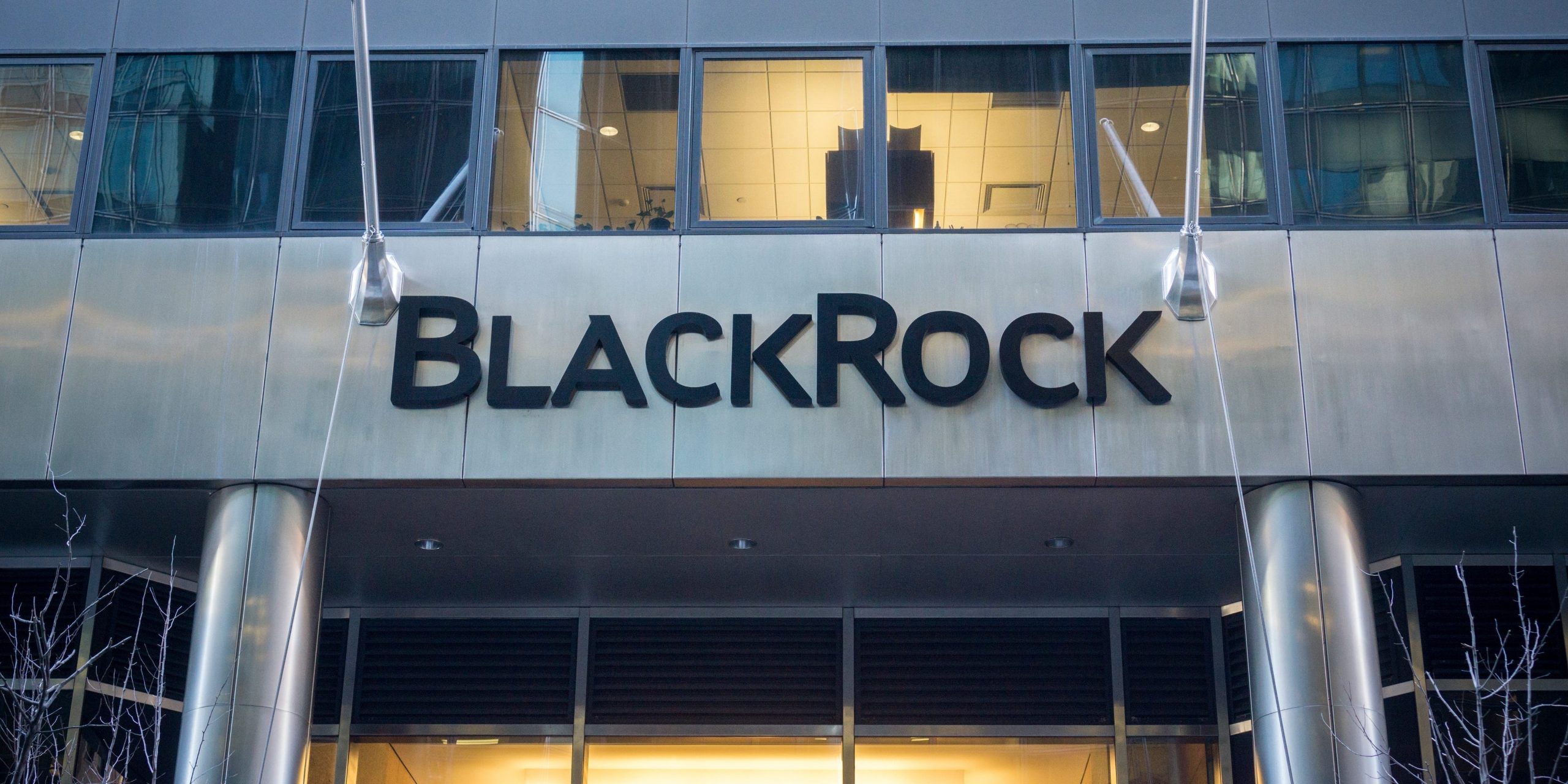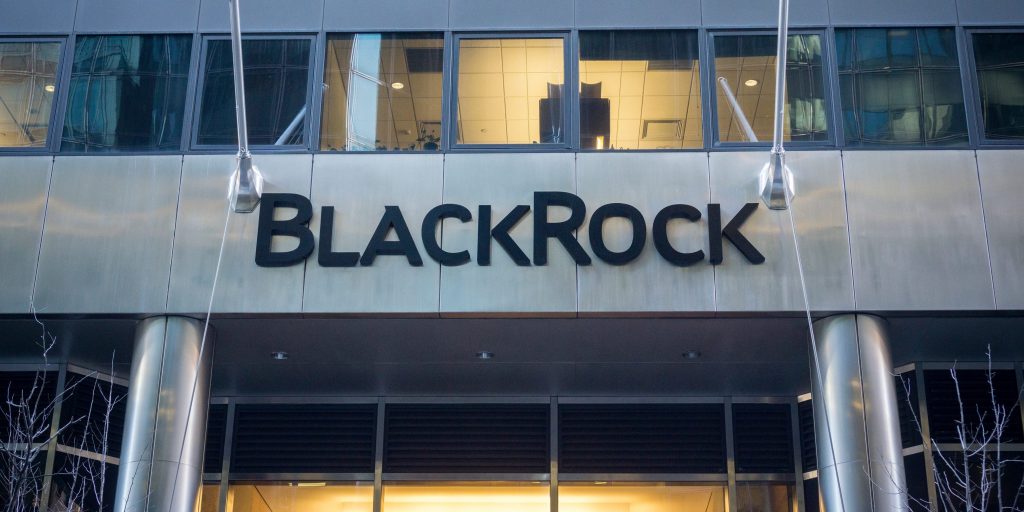
Richard Levine/Corbis via Getty Images
- The IT and healthcare sectors could get a big boost in the next five years under a sweeping green transition, according to BlackRock.
- As green tech evolves and climate policy shifts, a "tectonic shift toward sustainable investing" will come into full swing – whether investors are prepared or not.
- In February, BlackRock began explicitly integrating climate change into its investment framework.
The IT and healthcare sectors could get a big boost in the next five years under a sweeping green transition, but utilities and energy stocks could lose out, BlackRock analysts wrote in a note.
The BlackRock note considered a push to slash greenhouse gas emissions to net-zero and limit temperature increases to two degrees Celsius by 2100, using estimated differences in economic growth, earnings, and asset valuations to compare with a baseline of no action.
Analysts at the world's largest asset manager expect that despite years of international warnings, markets have not yet priced in the full implications of decarbonization. As green tech evolves and climate policy shifts, a "tectonic shift toward sustainable investing" will come into full swing – whether investors are prepared or not.
"We believe doing nothing about climate change in portfolios is no longer an option," analysts wrote. "Investors should no longer view the transition to a low-carbon economy as a distant event only, in our view, as it is happening here and now."
Over the next five years, BlackRock sees IT equities generating 5% additional returns amid a green transition, compared to the no-action baseline. That number is just under 3% for healthcare stocks. These two sectors are especially climate-resilient and will have less difficulty adapting to a net-zero world, analysts wrote.
On the other hand, utilities and energy stocks could start to shrivel under a green transition. Compared to the no-action scenario, BlackRock expects returns to shrink about 2% and 3%, respectively, reflecting the difficulty of decarbonizing two sectors intimately tied to fossil fuels.
In February, BlackRock began explicitly integrating climate change into its investment framework.
"Climate risk is investment risk, and we see it is as a historic investment opportunity," analysts wrote at the time.
